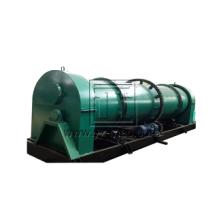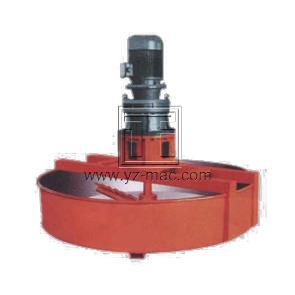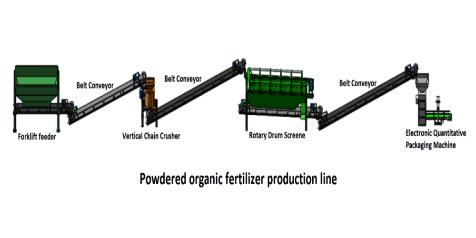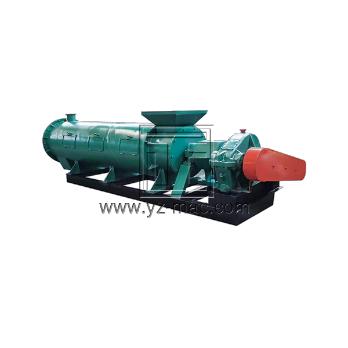Compound fertilizer granulation equipment
Compound fertilizer granulation equipment is used to produce compound fertilizers, which are fertilizers that contain two or more nutrients. These granulators can be used to produce NPK (nitrogen, phosphorus, and potassium) fertilizers, as well as other types of compound fertilizers that contain secondary and micronutrients.
There are several types of compound fertilizer granulation equipment, including:
1.Double Roller Press Granulator: This equipment uses two rotating rollers to compact the materials into a thin sheet, which is then broken into small granules.
2.Rotary Drum Granulator: The raw materials are fed into a rotating drum, which is lined with a special material that helps to create the granules as the drum rotates.
3.Disc Granulator: Similar to the disc fertilizer granulation equipment mentioned earlier, this equipment uses a rotating disc to create the granules.
4.Spray Granulation Dryer: This equipment combines the granulation and drying processes in one step, using a special spray nozzle to evenly distribute the liquid binder onto the raw materials as they are fed into the machine.
Compound fertilizer granulation equipment offers several advantages, including:
1.High Efficiency: The equipment is designed to produce large quantities of high-quality fertilizer granules quickly and efficiently.
2.Versatility: Compound fertilizer granulation equipment can be used to produce a wide variety of fertilizers with different nutrient ratios and formulations.
3.Cost-effectiveness: By using this equipment, fertilizer manufacturers can reduce production costs and increase profits by producing high-quality fertilizer granules that are easy to store, transport, and apply.
4.Environmental benefits: Compound fertilizer granulation equipment can help reduce the amount of fertilizer runoff and leaching, which can lead to pollution of water sources and damage to the environment.
Compound fertilizer granulation equipment is an important tool for fertilizer manufacturers looking to produce high-quality, efficient, and environmentally-friendly fertilizers.







